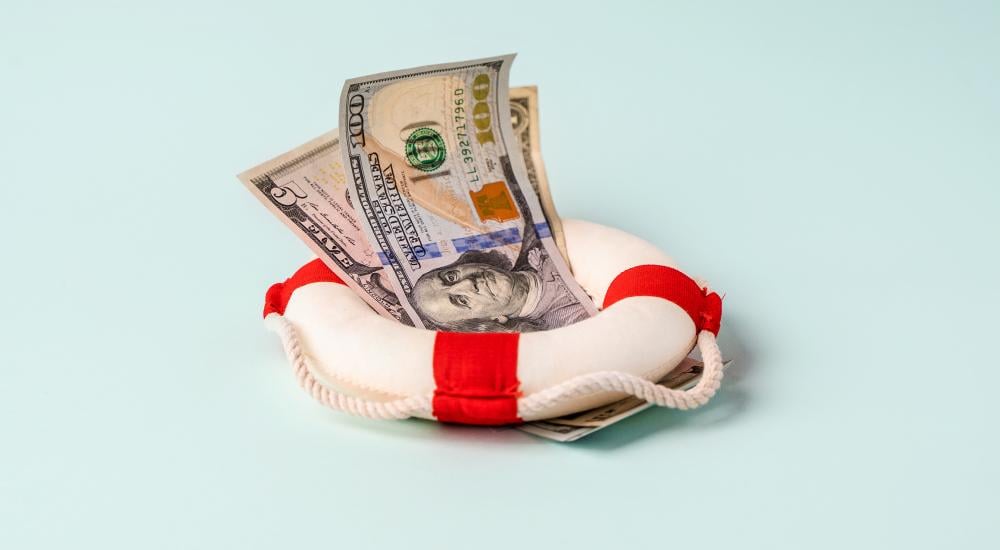When Play Becomes Work

When the National Collegiate Athletics Association (NCAA) announced more than two years ago that student-athletes would be able to make money from name, image, and likeness deals—known in shorthand as NIL—it marked a major change in how students could financially benefit from playing collegiate sports. But as the NCAA and institutions continue to work out the details for students, the impact on international student-athletes remains uncertain.
Due to the complex interplay of immigration, tax, and labor laws, in addition to legal challenges, the extent to which international students can benefit from NIL deals remains murky and open to interpretation.
Resolving these questions represents a substantial challenge—and priority—for international educators, as the number of international students affected by the new NIL opportunities is significant. According to U.S. Rep. Valerie Foushee (D-N.C.), who is sponsoring legislation to address the issue, approximately 25,000 international students are playing in NCAA sports at U.S. institutions.
“It’s the wild, wild West,” says Sheena Maria Connell, assistant director of international student and scholar services (ISSS) at the University of the Incarnate Word. “The NCAA is in a very precarious situation, and things are not going to be resolved soon. There is no overarching statutory or regulatory definition of employment. Then there are IRS [Internal Revenue Service] rules and a little bit of case law. Everybody you talk to is having these conversations.”
“It’s the wild, wild West. The NCAA is in a very precarious situation, and things are not going to be resolved soon.” —Sheena Maria Connell














